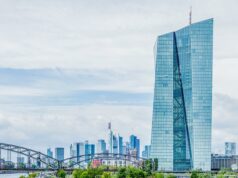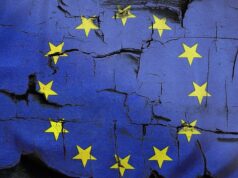The Kosovo parliament decided – without the co-governing Serbian list – to convert the country’s security forces into a regular army. The neighbor Serbia is indignant and intends to intervene with the UN Security Council, as Serbian President Aleksandar Vucic announced.
The decision to build a regular army breaks UNI Resolution 1.244 of June 1999, which provides for national defense as the responsibility of the international KFOR force. The constitution of Kosovo also contradicts the parliamentary decision, said Vucic.
„Serbia will protect you“
At the same time, he informed Serbians living in the north of Kosovo that the Kosovar security forces should not be allowed to enter their region without the consent of their authorities. Previously, Belgrade had agreed that with NATO years ago. „Serbia will protect you,“ underlined Vucic.
At the same time, the Serbian President expressed his country’s determination to „maintain peace“ and promote cooperation with all the states in the region.
US does not support Kosovo, many other states
The Kosovar security forces were previously responsible only for civil protection. The current security forces have 2,500 members, and according to media reports, the future army is said to have around 5,000 soldiers in active military service and about 3,000 reservists.
While the US and other NATO countries such as Britain and Germany supported the decision of Kosovo, the agreement is far from unanimous even within NATO. One week ago, NATO Secretary-General Stoltenberg said that, in view of the tensions with Serbia, but also in view of the mixed attitude of the Member States towards Kosovo, he considered that the timing of the creation of an army was inappropriate.
Especially symbolic saber rattling
The decision does not have any de facto impact. The 2,500-strong security forces have no heavy armament or highly specialized military equipment. A first purchase represent 50 Humvee transporters, which were allowed as unarmored vehicles but already under the old mandate.
Above all, these are symbolic saber-rattling between the neighboring states, whose relations have been at a new low for a long time. Most recently, Kosovo had imposed heavy duties on all imports from Serbia.



